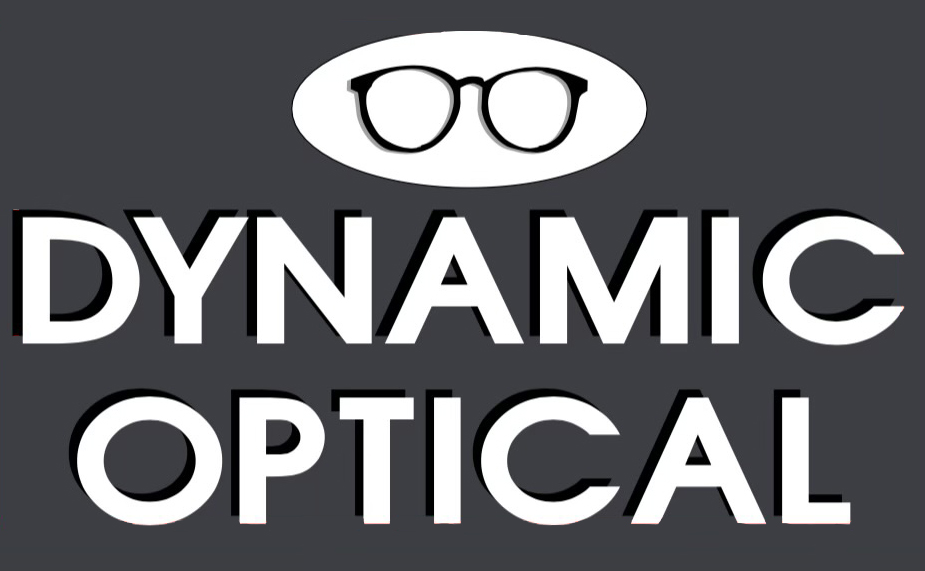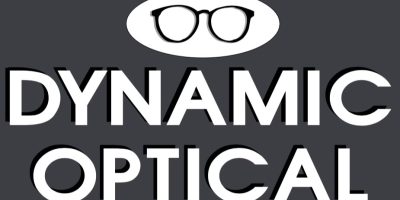Are you experiencing vision problems or looking for routine eye care? Finding the right eye doctor is crucial for maintaining your eye health and ensuring optimal vision. Understanding the different types of eye doctors and their specialties can help you make an informed decision.
Introduction
Maintaining good eye health is vital for your overall well-being. Regular eye check-ups can detect vision problems, eye diseases, and other underlying health conditions. However, entrusting your precious sight to a qualified eye care professional is essential. With the plethora of options available, it can be overwhelming to choose an eye doctor who meets your specific needs.
Who is an Eye Doctor?
An eye doctor 11206, also referred to as an optometrist or ophthalmologist, is a medical professional specialized in diagnosing and treating eye-related issues. They possess extensive knowledge and expertise in vision correction, eye diseases, and general eye care. Eye doctors play a crucial role in preserving and enhancing your visual health through comprehensive eye examinations, accurate diagnoses, and appropriate treatment plans.
What Does an Eye Doctor Do?
Eye doctors perform various tasks and provide a wide range of services to their patients. Some of the key responsibilities of an eye doctor include:
- Conducting comprehensive eye examinations to assess vision quality and identify potential eye disorders.
- Prescribing and fitting corrective lenses, such as glasses or contact lenses, to address refractive errors like nearsightedness, farsightedness, and astigmatism.
- Diagnosing and managing common eye conditions like dry eyes, conjunctivitis (pink eye), and allergies.
- Detecting and monitoring eye diseases such as glaucoma, cataracts, macular degeneration, and diabetic retinopathy.
- Performing surgical procedures, including LASIK or cataract surgery, to correct vision problems or treat eye diseases.
- Providing pre- and post-operative care for patients undergoing eye surgeries.
- Educating patients about proper eye care practices and offering guidance on maintaining good eye health.
Eye doctors may specialize in specific areas within the field of eye care, allowing them to offer specialized expertise tailored to different patient needs.
When Should You Visit an Eye Doctor?
Regular eye examinations are essential for people of all ages, regardless of whether they have existing vision problems. Here are some situations that warrant a visit to an eye doctor:
- Routine Eye Exams: Even if you have no apparent vision issues, it is recommended to undergo regular eye exams at least once every two years or as advised by your eye doctor.
- Vision Problems: If you experience blurred vision, difficulty reading, frequent headaches, or other visual disturbances, scheduling an appointment with an eye doctor is crucial to identify and address the underlying cause.
- Eye Discomfort or Pain: Persistent eye redness, itchiness, dryness, or any form of eye pain should not be ignored. Consult an eye doctor to determine the cause and obtain appropriate treatment.
- Family History of Eye Diseases: If certain eye conditions run in your family, such as glaucoma or macular degeneration, it is important to have regular eye exams to detect any potential signs early on.
- Age-related Eye Changes: As you growolder, your risk of developing age-related eye conditions increases. Regular eye exams become even more crucial to catch and manage any changes in your vision or eye health.
- Systemic Health Conditions: Certain systemic health conditions like diabetes or hypertension can impact your eye health. Visiting an eye doctor regularly can help monitor any ocular complications associated with these conditions.
- Eye Injuries or Trauma: If you experience an eye injury or trauma, whether it’s from accidents, sports, or other incidents, seeking immediate medical attention from an eye doctor is essential to prevent further damage and ensure proper healing.
Remember, these are just a few examples, and it’s always better to consult with an eye care professional if you have any concerns about your eyes or vision.
How to Choose the Right Eye Doctor
Selecting the right eye doctor requires careful consideration to ensure you receive the best possible care. Here are some factors to keep in mind when making your decision:
- Credentials and Experience: Look for an eye doctor who is licensed, board-certified, and has relevant experience in providing comprehensive eye care. Check their educational background, certifications, and any specialized training they have undergone.
- Referrals and Recommendations: Seek recommendations from family, friends, or healthcare professionals who have had positive experiences with eye doctors. Online reviews and testimonials can also provide insights into the quality of care provided by different practitioners.
- Specialties and Services: Determine whether you require a general eye care provider or an eye specialist based on your specific needs. If you have a pre-existing eye condition or need specialized treatment, consider consulting an ophthalmologist.
- Communication and Rapport: An effective doctor-patient relationship relies on good communication and trust. Choose an eye doctor who listens to your concerns, answers your questions clearly, and makes you feel comfortable during appointments.
- Convenience and Accessibility: Consider the location, office hours, and availability of the eye doctor. Opt for a clinic that is easily accessible and fits well with your schedule to ensure regular check-ups and convenient follow-up visits.
- Insurance Coverage: Check if the eye doctor 11206 accepts your insurance plan or offers affordable payment options. This will help you manage the cost of eye care services more effectively.
Comparing Eye Doctors: What Sets Them Apart
While all eye doctors share a common goal of providing eye care, certain factors set them apart from one another. These distinguishing factors can help you make an informed decision when selecting an eye doctor. Here are some aspects to consider when comparing eye doctors:
- Education and Training: Evaluate the educational background, degrees, and training of each eye doctor. Look for advanced certifications, fellowships, or specialized training in areas relevant to your specific needs.
- Expertise and Specializations: Consider the areas of expertise and specializations of the eye doctors. Some may focus on pediatric eye care, while others specialize in refractive surgery, retina conditions, or glaucoma management. Choose an eye doctor who aligns with your specific needs.
- Technological Advancements: Assess the technologies and equipment utilized by each eye doctor. Advanced diagnostic tools and treatment options can enhance the accuracy and effectiveness of eye care services.
- Collaboration and Referrals: Inquire about the eye doctor’s collaboration with other healthcare professionals and specialists. A well-connected eye doctor can provide referrals and coordinate care if you require treatment beyond their scope of practice.
- Patient-Centered Approach: Consider the level of patient-centeredness and individualized care provided by each eye doctor. A compassionate and attentive approach can contribute to a positive experience and better overall outcomes.
- Continuity of Care: Evaluate whether the eye doctor offers long-term continuity of care. Establishing a relationship with an eye doctor who can provide ongoing monitoring, follow-up visits, and adjustments to treatment plans is crucial for managing chronic eye conditions.
Conclusion
Choosing the right eye doctor is a crucial step in maintaining good eye health and ensuring optimal vision. By understanding the different types of eye doctors, their roles, and the factors to consider when making a selection, you can make an informed decision that meets your specific needs. Regular eye exams, adopting healthy habits, and following recommended treatments contribute to long-term eye care. Remember, if you have any concerns or questions about your eyes or vision, consulting with an eye doctor is always the best course of action. They are trained professionals who can provide personalized guidance and care based on your unique circumstances. Prioritize your eye health, schedule regular check-ups, and follow their recommendations to maintain optimal eye function and overall well-being.
37 Graham Ave
Brooklyn NY 11206
(347) 295-1605

